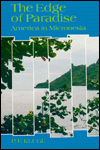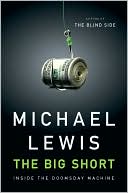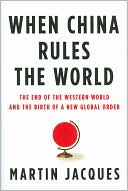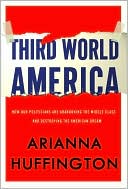The Edge of Paradise: America in Micronesia
In 1967 the Peace Corps sent P. F. Kluge to paradise - or so the American possessions in Micronesia seemed. His assignment was as noble as it was adventurous: to help the people of those half-forgotten Pacific islands move from old to new, so that paradise would have prosperity and freedom as well as physical beauty. He immersed himself in the lives of the diverse peoples of the islands. He composed speeches for their leaders. He wrote a stirring manifesto that became the Preamble to the...
Search in google:
In 1967 the Peace Corps sent P. F. Kluge to paradise - or so the American possessions in Micronesia seemed. His assignment was as noble as it was adventurous: to help the people of those half-forgotten Pacific islands move from old to new, so that paradise would have prosperity and freedom as well as physical beauty. He immersed himself in the lives of the diverse peoples of the islands. He composed speeches for their leaders. He wrote a stirring manifesto that became the Preamble to the Constitution of Micronesia. He began a friendship with a man who would one day be president of Palau. And then, a generation later, P. F. Kluge went back. . . . The result is a book the New Yorker called "remarkably effective," the Economist deemed "terrific"; a book Smithsonian Magazine found to be "written from the heart." The Edge of Paradise shows the impact and ironies of America's presence in an undeveloped part of the world, how perhaps there's no way "a big place can touch a little one without harming it." Library Journal In this account of novelist Kluge's return to Micronesia where he once served as a Peace Corps volunteer, he examines how the American presence has ruined an island paradise. Drawn back by the death (an apparent suicide) of Lazarus Salii, the president of the tiny Republic of Belau, for whom he had once written speeches, Kluge finds in Salii's demise an allegory of all the evils that have befallen Micronesia in the past two decades. Unfortunately, Kluge focuses entirely on the island elite. As a result, his conclusions are skewed because he fails to reflect everyday life in present-day Micronesia. His vivid, moving prose notwithstanding, he does not do justice to his subject. For travel and international affairs collections.-- Glenn Peterson, Baruch Coll . , CUNY
\ Library JournalIn this account of novelist Kluge's return to Micronesia where he once served as a Peace Corps volunteer, he examines how the American presence has ruined an island paradise. Drawn back by the death (an apparent suicide) of Lazarus Salii, the president of the tiny Republic of Belau, for whom he had once written speeches, Kluge finds in Salii's demise an allegory of all the evils that have befallen Micronesia in the past two decades. Unfortunately, Kluge focuses entirely on the island elite. As a result, his conclusions are skewed because he fails to reflect everyday life in present-day Micronesia. His vivid, moving prose notwithstanding, he does not do justice to his subject. For travel and international affairs collections.-- Glenn Peterson, Baruch Coll . , CUNY\ \ \ \ \ BooknewsPaper edition reprint of a 1991 publication (Random House). The author, a Peace Corps volunteer in Micronesia in 1967, recounts his journey back a generation later, providing an intimate view of the paradox of cultural imperialism. No scholarly trappings. Annotation c. Book News, Inc., Portland, OR (booknews.com)\ \








